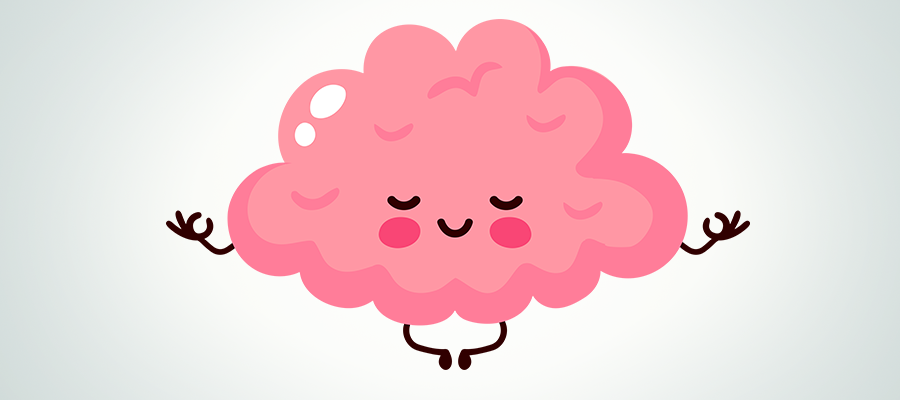[IN DEPTH ANALYSIS] How to help your brain “unplug”
Difficulty concentrating, lack of motivation, mental wandering... Does that sound familiar? Whether these signs appear during a day or more evidently at certain times of the week, month or year, they tell us that we are in need of a break. However, our demanding lives and the performance culture that we struggle to detach ourselves from mean that we ignore them all too often and persist as best as we can in our daily tasks, whether we are a worker or a student.










